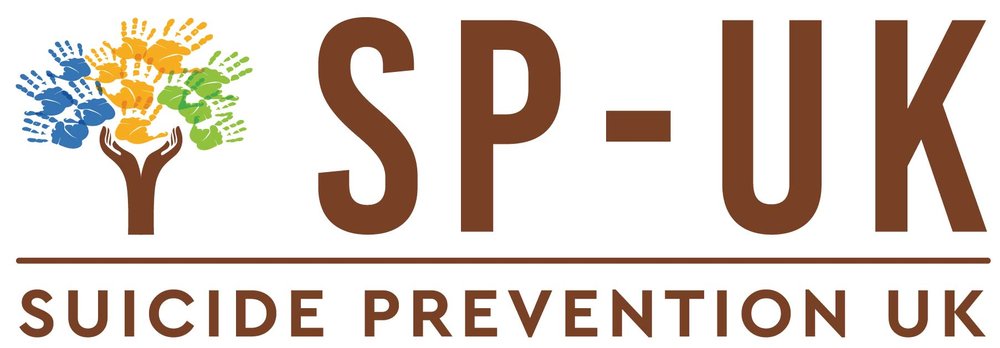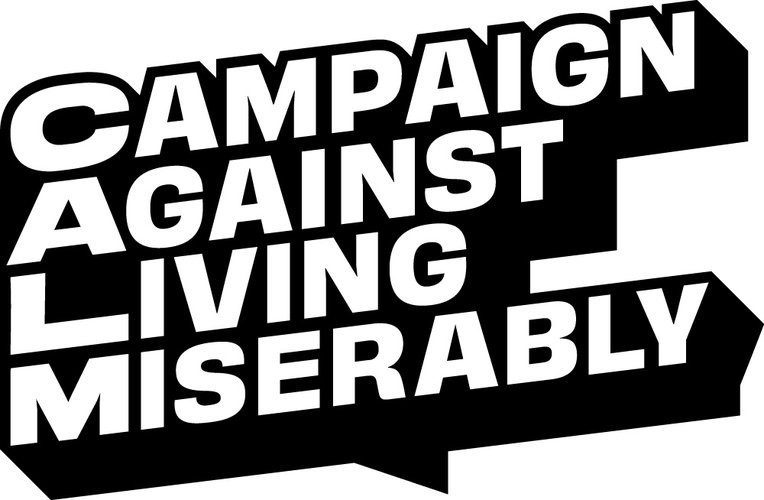Mental health is a term used to describe emotional and psychological well-being. We all have mental health and like our physical health it can change according to our circumstances. Good mental health gives us the ability to make decisions, build relationships and cope with the daily stresses of life. Mental health can sometimes be called mental ill-health, mental well-being, mental health problems and mental health issues.
Mental Well-being is at the centre of everyone’s lives. When things go wrong - such as relationships, bereavement, finances and physical health, we can find ourselves struggling to cope, both mentally and emotionally.
Mental ill-health is experienced differently from one person to another and mental health problems can happen to anybody. People still find it difficult to talk about their mental health issues, which in some cases leads to their condition becoming worse before it gets better. In all cases, talking to your GP or mental health professional is important and will help you understand your problem and make a positive step forward.
Everybody has the right to good mental health, and the more we understand this in the community, the better the outcomes will be. Essex Community Tree Network was formed for this very purpose. Seeking help is the first step towards recovery and this website has been created to help you know who to turn to in the event that you feel, or suspect that you may be developing, or have developed a mental health condition.
We at the Essex Community Tree Network wanted to provide simple definitions for the following MENTAL HEALTH CONDITIONS. We felt that this was important for people to get a GENERAL IDEA of what the different illnesses mean. The individual who wrote these definitions has over a decade of experience as a mental healthcare professional.
It’s VERY important to mention that mental ill health is highly complex and is often a complicated part of a human beings general health. An individual could write a whole book on Anxiety alone. If you would like to have a more detailed breakdown of mental health conditions, then please go to the NHS website, or the Mind website for more information.
Everyone is different. Many symptoms can cross over from one diagnosed condition to another. It’s just who we are as individuals.
Under no circumstances does the Essex Community Tree Network endorse, or encourage self diagnosis. Doing so is potentially harmful to your mental health, and physical health. Always discuss any problems you fear that you may have with a trained professional.
Anxiety is a normal response to danger and stressful events, but in some cases can help us deal with these situations. Everybody feels nervous before a big event or important life decision. The body prepares us for such times by making us more alert and ready to react. The heart beats faster as your body goes into fight, flight or freeze mode. This is something that happens automatically to everybody which we have no control over. Anxiety becomes a mental health problem when you feel anxious over a period of time and it impacts on your daily life. Over worrying and avoiding situations can become very stressful and difficult to control. Over time you can start worrying about things that are weeks away, which in turn takes away any enjoyment in life and then everything is a worry.
Generalised anxiety disorder (GAD) – regular uncontrollable worries in your everyday life.
Social anxiety disorder – extreme anxiety triggered by social events. This can include meeting people you don’t know. Places where too many people are gathered in one place (CROWDS).
Panic disorder – frequent panic attacks without a trigger and fearing that more attacks are coming.
Phobias – extreme fears and anxiety about places and things, where the dangers are blown out of proportion. Typical examples are going outside, heights, spiders. The list of phobias are varied and complex.
Post-traumatic stress disorder – anxiety problems after traumatic experience and having flashbacks or nightmares of the event
Obsessive-compulsive disorder (OCD) – anxiety problems which involve repetitive thoughts, urges, or behaviours
Mood changes from severe depressive episodes to manic episodes. This used to be called manic depression but has now been changed to bipolar, bi meaning two and polar meaning complete opposite. Unlike normal mood swings which everybody has from time to time, episodes of bipolar disorder can last for several weeks or longer.
Difficulties in how people think about themselves and other people. Having insecure feelings and unable to have long term relationships. Experts think that most people with borderline personality disorder will have experienced some kind of trauma or neglect as children.
Depression is a common mental disorder and can happen to anyone. It is different from regular mood changes and feelings about everyday life. It involves a depressed mood or loss of pleasure or interest in activities for a long period of time. Depression can result from adverse life events such as unemployment, bereavement, giving birth, physical health problems and traumatic events. Depression is closely related to and affected by our physical health and can develop when trying to manage the difficulties of a physical condition.
Using the control of food to cope with feelings and emotions.
Anorexia – controlling your weight by not eating enough food, exercising too much, or both.
Bulimia – losing control over how much you eat and then taking drastic action to not put weight on.
Binge Eating – eating large portions of food until you feel uncomfortably full.
To perceive or interpret things differently from those around them or to lose contact with reality. Having hallucinations or believing things that are not actually true.
Schizophrenia is a long-term mental health condition. It does not mean that people have a split personality, or will cause them to be violent. Schizophrenia is believed to be caused by genetic and environmental factors. It causes significant impairments in the way reality is perceived and acted upon with feelings, thoughts and actions not generated by oneself. Persistent delusions and hallucinations about things that are not there. This results in disorganised thinking and unusual beliefs not based on reality.
Coping with severe emotional distress by intentionally damaging the body. It can be a response to intrusive thoughts or a way of trying to feel in control after a bad experience.
For further information about mental health issues please visit www.mind.org.uk
or www.nhs.uk/mental-health
Need help? Use our online search system to find the right help now
Supported by

Funded By

We have to understand what a CRISIS means, before deciding if we need help, or not. Many people with mental health issues often have to deal with negative thoughts and sadly, this becomes part of daily life. A CRISIS occurs when an individual feels that they have reached the very limit of what they can cope with. Its when the intrusive thoughts become overbearing to the point that the individual may be in danger. Suicidal thoughts and self harming can be classed as a CRISIS. If you feel that you have reached that breaking point, you need help urgently.
Call 999 immediatelyOr go to your nearest A&E department.
Call 111Once prompted press option 2, to access the NHS mental health crisis helpline.
Mental ill health is a highly complex and often complicated part of a humans being general health. The symptoms vary enormously. An individual must never try and self diagnose. Instead, seek the advice from a qualified mental health practitioner.

Samaritans offer a 24 hours a day, 365 days a year service, where you can talk in confidence to someone who will listen. (free from any phone)

National Suicide Prevention Helpline UK. Call 6pm to midnight every day.

SANEline. If you're experiencing a mental health problem or supporting someone else, you can call SANEline 4:30PM – 10:00PM every day.

Campaign Against Living Miserably (CALM). Call 5:00PM – midnight every day if you need to talk. Calm also has a webchat service, if you don’t want to talk.

Shout. Text SHOUT to 85258 if you don’t want to talk. Shout offers a confidential 24/7 text service if you feel more confident texting, rather than talking.

The Mix. For under 25’s, call The Mix 3pm–midnight every dAY. If you visit their website, you can fill in an online form to get help.

Papyrus Hopeline UK. For under 35’s. If you are struggling with suicidal thoughts, or know someone under 35, who is feeling, or thinking the same, you can call Papyrus helpline on 0800 068 4141 (24 hours, 7 days a week).